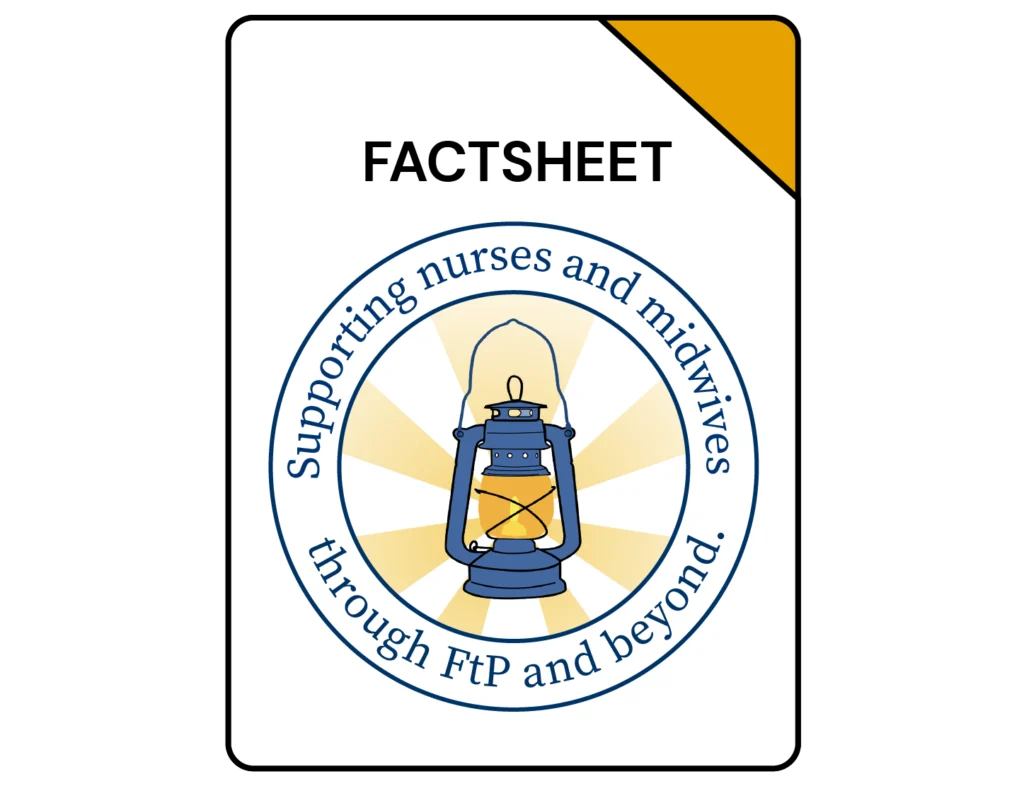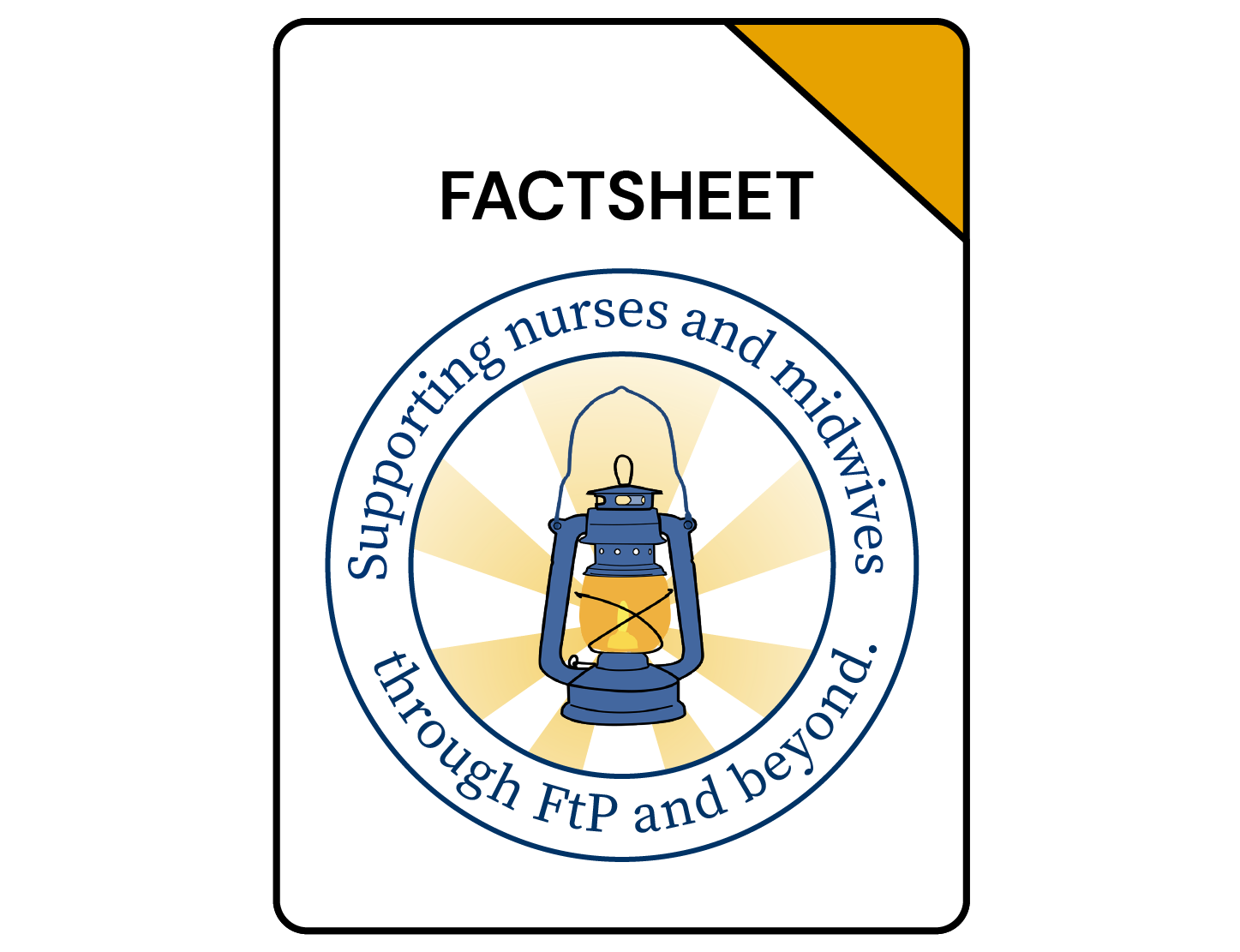Advice for UK Nurses and Midwives Facing Disciplinary Proceedings in the Workplace.
 Facing disciplinary proceedings in the workplace can be a daunting experience for nurses and midwives. It is essential to approach such situations clearly understanding your rights, responsibilities, and the best course of action to protect your interests and career. This fact sheet provides helpful advice to UK nurses and midwives who may be facing disciplinary proceedings. Please share this page with any Registrant who has the slightest hint of disciplinary in the air.
Facing disciplinary proceedings in the workplace can be a daunting experience for nurses and midwives. It is essential to approach such situations clearly understanding your rights, responsibilities, and the best course of action to protect your interests and career. This fact sheet provides helpful advice to UK nurses and midwives who may be facing disciplinary proceedings. Please share this page with any Registrant who has the slightest hint of disciplinary in the air.
Stay Calm and Seek Support NOW:
- You are not defined by this one incident
- Knowledge and informed action is everything
- Remain composed and avoid reacting emotionally to the situation.
- Reach out to NMCWatch, a trusted colleague, union representative, or professional association for support and guidance.
Know Your Rights and get yourself the knowledge you need:
- Familiarise yourself with your employment contract, workplace policies, and relevant regulations.
- You have the right to be informed of the allegations against you and the disciplinary process.
Gather Information:
- Obtain all relevant documents related to the disciplinary process, including any investigation reports or witness statements.
- Keep a record of all communications and interactions with your employer or investigators.
Seek Legal Advice:
- Take advice from someone experienced in employment law and healthcare disciplinary matters.
- Your union may provide legal representation and support during disciplinary proceedings and NMW Watch can signpost.
Cooperate with the Process:
- Comply with any requests for information, meetings, or interviews related to the investigation.
- Be truthful and transparent during interviews and provide accurate information.
Request Accompaniment:
- You have the right to request to be accompanied by a colleague or union representative during any disciplinary meetings or interviews.
Present Your Case:
- Prepare a comprehensive response to the allegations, addressing each point individually.
- Provide evidence, documents, or witness statements that support your defence.
Understand Potential Outcomes:
- Familiarise yourself with the possible disciplinary outcomes, such as a warning, suspension, or dismissal.
- Be aware of the appeals process if you disagree with the disciplinary decision.
Consider Mediation:
- Depending on the circumstances, mediation may be an option to resolve the issue without formal disciplinary action.
Confidentiality:
- Be cautious about discussing the case with colleagues or on social media to protect your privacy and maintain professionalism.
Focus on Professional Development:
- Demonstrate your commitment to learning and continuous improvement in your practice.
Self-Care:
- Going through disciplinary proceedings can be stressful; prioritise self-care and seek emotional support if needed.
Remember, disciplinary proceedings do not define your entire career.
Many nurses and midwives successfully navigate such challenges and continue to make valuable contributions to healthcare.
Seek advice and support to help you through this process and ensure your rights are protected.

